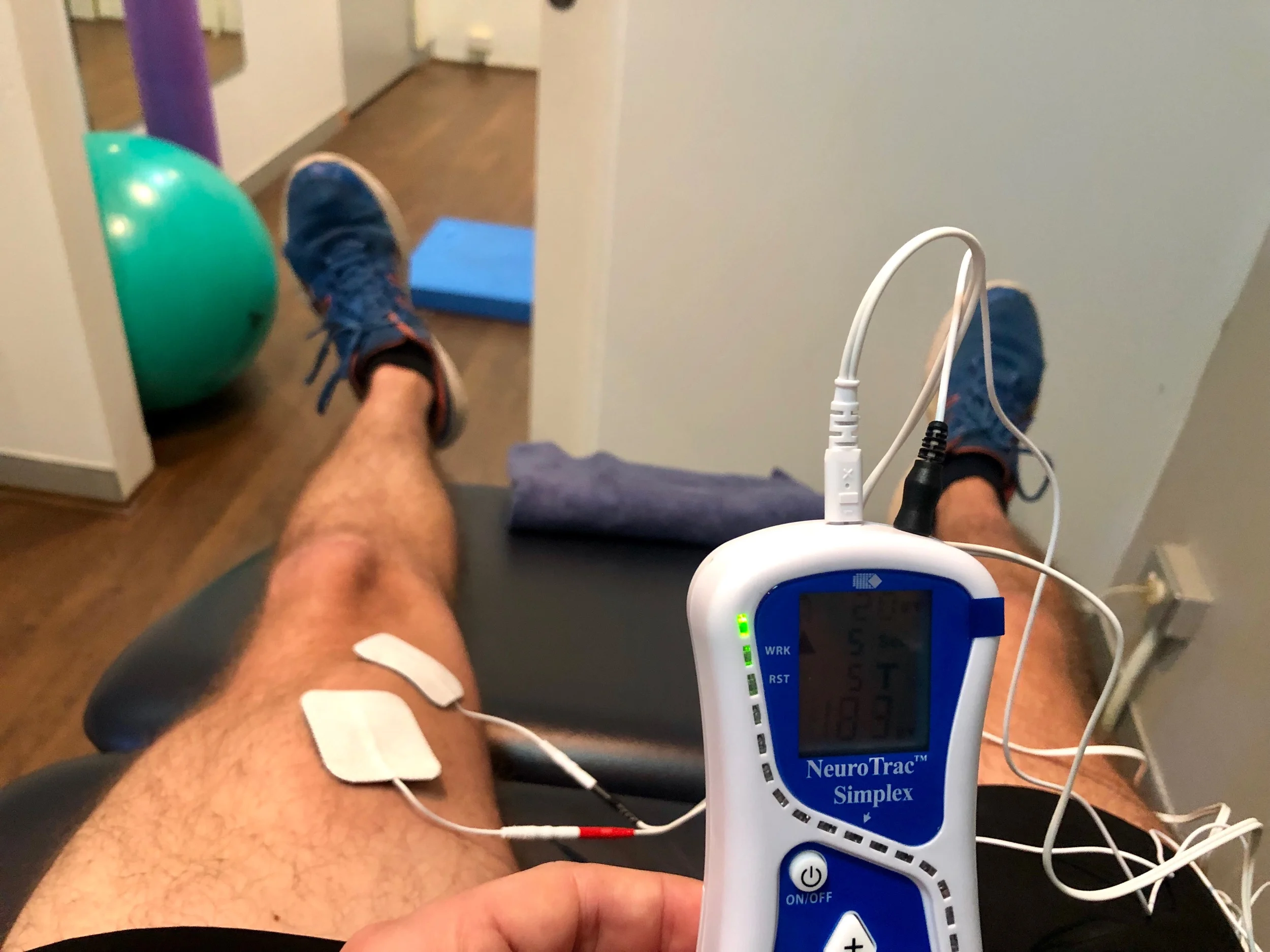Knee Pain
55% of all sports injuries involve the knee, while 25% of those over 55 have persistent knee pain. It doesn’t have to be this way…
The most common knee injuries are fractures, ligament strains, meniscal tears, dislocations and tendon problems.
Patellofemoral knee pain (PFP) involves pain and inflammation around the knee cap. 25% of people will have PFP at some point in their life with 2.5 million runners being diagnosed/year and a whole host of others battling through the pain. The pain arises from increased pressure at certain points in the knee which aren’t ready for that level of load. The problem however isn’t always at the knee. That is why it’s important for thorough assessment to identify these contributing factors and effective treatment to address them.
Osteoarthritis affects 2.1 million Australians and knee replacement rates are on the rise.
Recent guidelines support physiotherapy as the first line of treatment for knee pain. Surgery should be considered only when all other options have been exhausted. Certain exercise programs have been shown to be equal or more beneficial than anti-inflammatory medications. In many cases, knee arthroscopy has shown to be ineffective.
Strength and loading programs have been shown to effective treat all types of knee pain while modalities such as manual therapy, taping and bracing can reduce pain
The Anterior Cruciate Ligament (ACL) is an extremely important stabiliser of the knee. It is recommended that most ACL injuries be repaired surgically. SmartMoves Physiotherapists are extremely experienced in ACL repair post-surgical rehabilitation and will help you on the journey towards full recovery.

